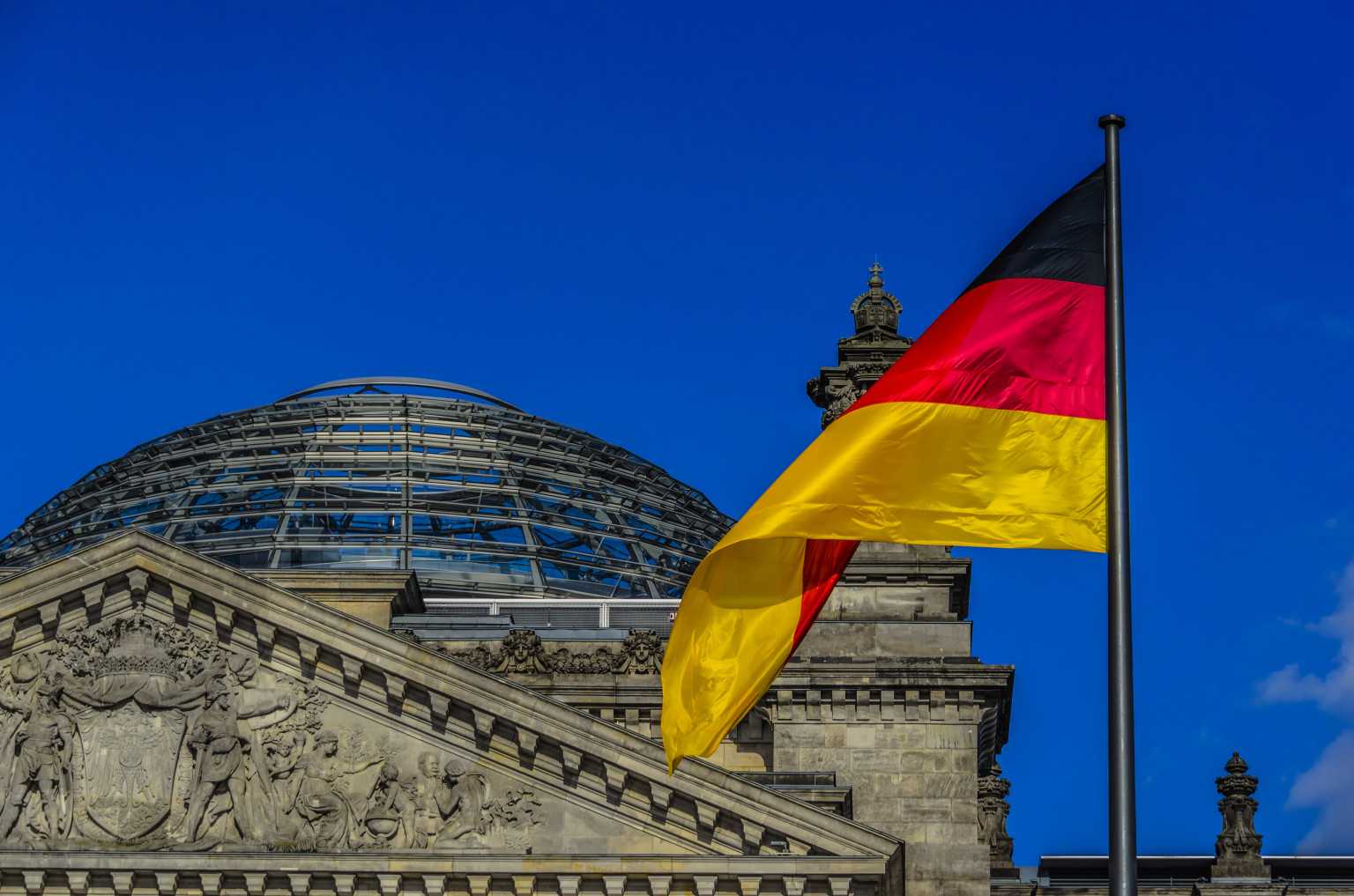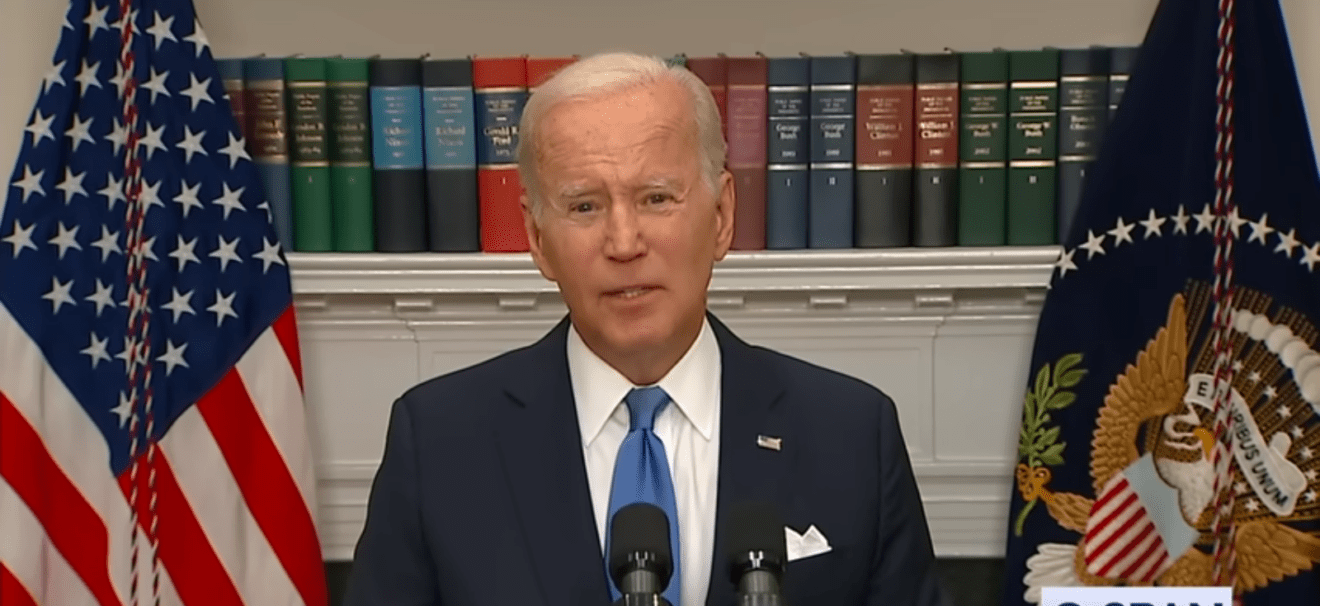Before Saturday’s uprising in Russia unraveled, Western intelligence thought the Wagner Group might be able to reach Moscow – and believed that Putin had left the city. Hours later, Western politicians were wondering how to exploit the weakness shown by the Russian leader.
By Matthias Gebauer und Jonas Schaible, Spiegel International,
In Berlin, government ministers, parliamentarians and German intelligence officials were all wondering the same thing this weekend: What the heck is going on?
They watched closely as the Wagner Group mercenary force took control of Rostov-on-Don without seeming to break a sweat, some of them with coffee cups in hand. As the Wagner leader Yevgeny Prigozhin barked at senior military and intelligence leaders and called for the removal of the defense minister. As a column of Wagner Group fighters advanced toward the capital, kilometer after kilometer, and as President Vladimir Putin felt compelled to make a TV address.
What was going on? History, that’s for sure. But history of what kind?
Before long, though, other questions pushed their way to the fore. What could this mean for Russia, for Ukraine, for Germany’s foreign policy in both countries? What might it mean for the war?
Nothing that happens at the top of Russian leadership is purely an internal Russia affair – not even in normal times. Russia is simply too big and too involved in the world’s trouble spots – and it possesses nuclear weapons. This is even more the case at a time when Russia has invaded Ukraine, triggering radical changes in the West’s policies on military matters, energy issues and its positioning in the world.
And yet, for large numbers of Germany’s top politicians, Saturday proved to be an exercise in dealing with radical uncertainty, combined with the feeling of being condemned to inactivity. It was a day full of questions, with few answers – but it may also have brought new clarity in some respects.
Indeed, after a day of waiting in silence, politicians have since been drawing conclusions about what the chaos in Russia might mean for the way forward.
Hectic Attempts to Gather Information
Even as the German government spent Saturday frantically trying to understand what was happening in Russia, reports began emerging that U.S. intelligence had apparently known about preparations in advance, possibly even several days before events unfolded.
Germany’s foreign intelligence service, the BND, on the other hand, was apparently taken completely by surprise by the developments in Russia – or misclassified the available intelligence. As recently as last week, the BND was providing top-secret information to select members of parliament about the current situation in Ukraine, with the Wagner Group playing an important role in that information.
In those reports, even as the week was drawing to a close, BND analysts were still not hinting at an armed power struggle or an imminent march on Moscow. Sources in Berlin say that the question of whether the American services shared their intelligence with the BND is likely to be discussed intensively behind closed doors in the coming days.
The Hour of the Executive Branch
German Defense Minister Boris Pistorius, who attended an SPD party convention on Saturday, was kept continuously informed about the intelligence service’s findings. He repeatedly coordinated with Foreign Minister Annalena Baerbock. The foreign minister, for her part, postponed a trip to South Africa, and instead planned to attend a meeting of European Union foreign ministers on Monday.
Throughout Saturday, information poured into the Defense and Foreign Ministries, as well as Chancellor Olaf Scholz’s Chancellery. “These kinds of events are the hour of the executive branch – that’s what it exists for,” says a member of parliament who is also sits in one of the parliamentary groups. Even important members of parliament, including defense and foreign policy specialists, are dependent on the executive branch. The relevant committees in parliament in Germany didn’t get briefed until Saturday night.
During the course of the day, NATO sources said that Wagner’s forces had amassed substantial troops for the planned assault. Specifically, there had been talk of thousands of battle-hardened soldiers and a kilometer-long convoy moving toward Moscow. They reported that the units were well equipped, that they were traveling in dozens of armored combat vehicles and that they also had a handful of tanks transported on trucks.
In addition, the units reportedly had rudimentary air defenses, mostly with shoulder-based systems. As the day progressed, they reportedly shot down several Russian helicopters and even an Antonov transport plane.
An Insane Plan Appeared To Be Working
When the first news circulated that Prigozhin was threatening to march on Moscow, it still seemed rather unlikely. Even though the Wagner Group had, by that point, taken control of Rostov-on-Don, a large metropolis that acts as the military hub for the invasion of Ukraine, the city is still located more than a thousand kilometers from Moscow. On a dead straight road, through a country at war.
Yet the longer the day dragged on, and the further the column advanced toward the Russian capital, the more perceptions began shifting. Suddenly, the unthinkable seemed possible: a successful invasion of Moscow by a force intent on rebellion. Armed soldiers had set up checkpoints in the capital city. Improvised roadblocks were also set up on access roads.
German intelligence analysts speculated during the day that the Wagner units might actually succeed with the surprise attack on the capital.
Meanwhile, the Foreign Ministry’s crisis team was discussing what a possible storming of Moscow by the militia could mean for staff of the German Embassy – and for Germans who are still in Moscow.
Where Is Putin?
By Saturday afternoon at around 4 p.m., the situation appeared to grow even more sensitive when military sources began reporting that Wagner’s troops were now only 50 kilometers away from the greater Moscow area. Throughout the day, rumors had been buzzing around the internet that Putin had left Moscow. Two aircraft that could have been used to transport the Russian president out of the capital had been located by people analyzing publicly available data. Still, such rumors are commonplace when uprisings break out in authoritarian states, and they are often spread deliberately. And they are frequently false.
The intelligence services, however, assessed rumors that Putin had moved to his secret command center as “probable.” Moscow – abandoned? The capital city vulnerable?
Then, in the evening, at a time when the convoy should have slowly been arriving in Moscow, the sudden, surprise news came: An agreement had been reached, purportedly mediated by Belarusian ruler Alexander Lukashenko. A short time later, the Wagner Group leader himself announced publicly that he was withdrawing his troops.
A deal had apparently been reached, the details of which will likely not be clear for quite some time. Prigozhin will face no consequences and is to head into exile in Belarus, while large parts of his mercenary army are to be placed under the control of Russia’s Defense Ministry. Late in the evening, his fighters withdrew from Rostov-on-Don, partly to the cheers of local residents. One person even shot a selfie with the rebel leader.
Chaos Replaces Order
Overnight on Saturday, the situation remained quiet in Russia, and on Sunday, too. Things were also conspicuously quiet in German political circles. That silence was possibly a function of a lack of clarity, or to avoid inadvertently saying anything that could turn out to be a strategic mistake. Who knows how Russian media might report on German statements, perhaps even spinning them into support for regime change? “This is a Russian conflict, and the leaders of the Western world should watch it with interest, but without comment,” said Marie-Agnes Strack-Zimmermann, the defense policy point woman for the business-friendly Free Democratic Party (FDP), which is part of Germany’s three-party governing coalition.
Still, since then it has become increasingly clear that the events that unfolded on Saturday – as unspectacularly as they may have ended – mark a turning point.
Vladimir Putin, the unassailable, has shown that he is vulnerable. That, at least, seems to be the lesson that many German politicians have learned.
“The situation is very poor for the people in Russia, Putin has given them neither justice nor prosperity, only security and order,” Michael Roth, the foreign policy point man in parliament for the center-left Social Democratic Party (SPD), told DER SPIEGEL. “This central promise of his rule has been very important to Russians since the chaotic Yeltsin years. But it hasn’t been worth anything since yesterday. Putin can no longer fulfill it.”
It’s not as though the elites have turned on him in droves – not at all. But in a situation where armed fighters were driving through the country and shooting down Russian military helicopters as they advanced on the capital, support for Putin seemed rather tepid.
“This could very well mark the beginning of an internal power conflict,” says Roderich Kiesewetter, the foreign policy coordinator in parliament for the center-right Christian Democratic Union (CDU). “History shows that such a thing can develop within a very short amount of time.”
Putin, meanwhile, and this could be a second significant insight, has not reacted in an unrestrained way to the public humiliation, to the questioning of his power, indeed to what he himself has called a “betrayal.” He didn’t act in a blind frenzy or with force and severity – at least not yet.
Can NATO Deliver More Collectively?
Months ago, such a reaction could have served as an important argument for delivering heavy weapons more quickly, but those steps have since been taken. Even critics of the government no longer claim that Germany is leaving Ukraine hanging to appease Putin.
Still, foreign policy experts from several parties are now saying, more can be done. Indeed, they argue, at this juncture, something has to be done.
In order to “take advantage of Russia’s weakness and the narrow window of opportunity,” says CDU member Kiesewetter, it is now necessary to ramp up the production capacities of the German defense industry. He says there is a need for “more coordinated support from Europe under German leadership with the U.S. as soon as possible in terms of air defense, munitions, battle tanks and long-range missiles, Taurus (cruise missiles) and combat aircraft.”
Anton Hofreiter, the European policy coordinator for the Green Party, also says Germany and the entire West must now “extend its support even further, through faster delivery of ammunition and the speedy replacement of destroyed materiel.”
Meanwhile SPD foreign policy expert Roth says: “This will be the year that decides whether Ukraine can remain free and win. That’s why I am convinced that we need to deliver weapons, ammunition and spare parts even faster and more comprehensively.” Not new systems, he says, but more.
He also formulates an idea of how this could work, even though reserves are running low. “That’s why we have to look each other deep in the eyes in NATO and decide if we can deliver materiel that is currently being withheld to fulfill alliance commitments.” By that he means: “If one state sends more tanks or ammunition, can other members offset that? Can we manage this together in NATO? We can only do more to help Ukraine through a concerted action by NATO.”





